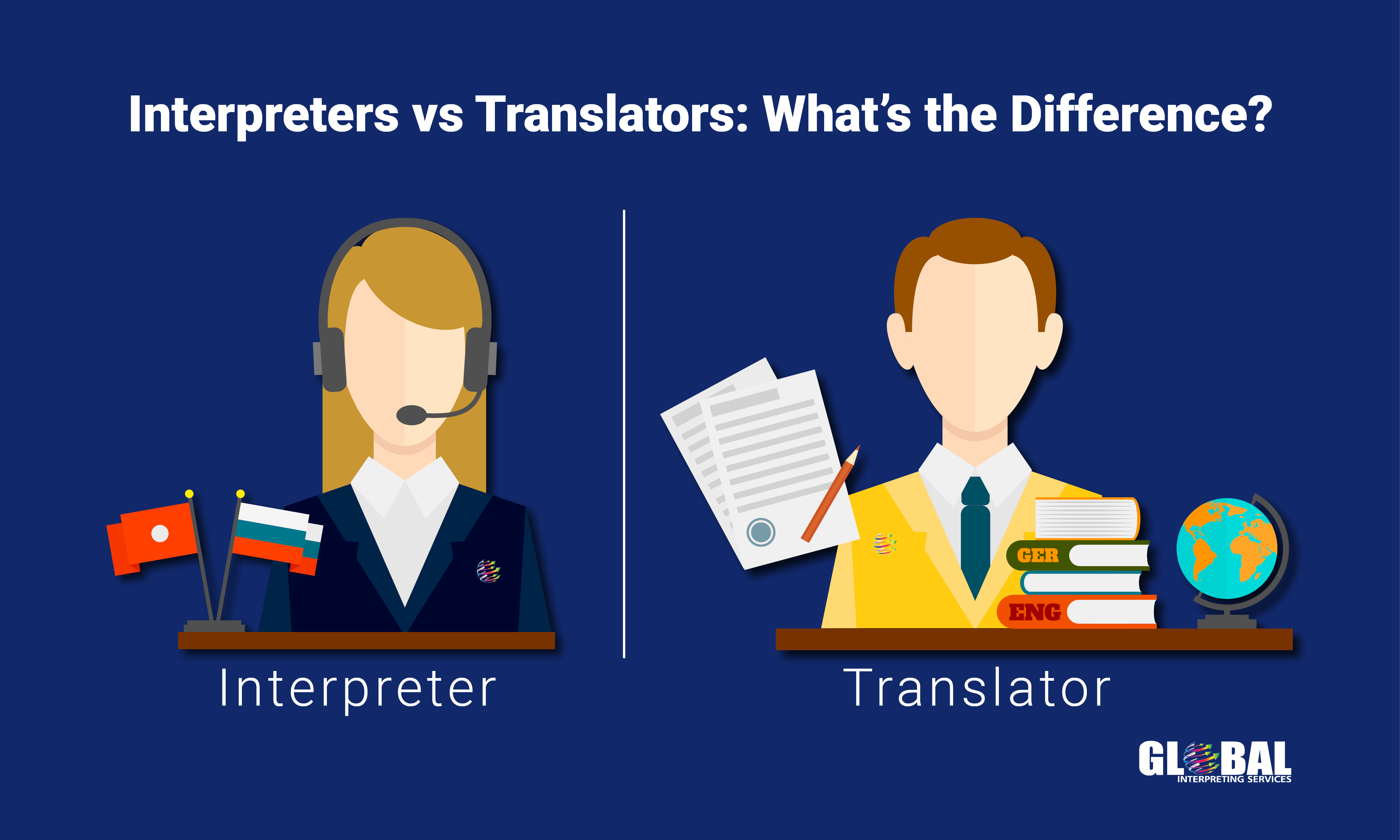I have heard about this dispute almost every month for the last 26 years.
Recently there was an article out of Colorado about a Deaf girl who wants to go to soccer camp. The mom requested an interpreter, but the camp said they didn’t get enough notice and can’t find an Interpreter for her.
Let me offer a little more information.
Mom contacts the camp and tells them her 3 daughters want to come to their soccer camp, one of them is Deaf. She requests accommodations and that accommodation is a Sign Language Interpreter.
They tell her they do not know where to get one from. She provides them with the name of an agency. They do not want to pay the fee (It will cost about $1,000.00 for the duration of the camp.)
They try to find a Sign Language student or High School student who knows Sign Language. Mom says that is inadequate, she requires an Interpreter and talks about tax breaks they could receive if they qualify.
They ask if they could use a video Interpreter. (Not sure how that would work on a soccer field or in a gym environment, but I’m not an athlete…so hey! Go for it!) Mom says no. (Probably thinking like me.)
They ask if the siblings could interpret. Mom says no, they need to be in their own class learning.
Ultimately, the Soccer Camp turns down the request for accommodation, stating they did not have enough time to meet the need.
It is true. When making a request for accommodation you do have to give that request in an appropriate time frame. There is no “appropriate timeframe” given in the ADA though, so it is at the discretion of whoever would like to make that decision. Generally, when my company has an event, we ask for 2 weeks. We do, however, make every effort to accommodate requests. (It also helps that we are an Interpreting Company…and we always make sure our venues are ADA compliant.)
Now, let’s get down to the nitty-gritty. You should always use a certified Interpreter. In some states, like Michigan it’s a law. In states like Maine, Illinois, Nevada, or North Carolina, you are required to have a license. So, there may be many reasons why hiring a student or asking a sibling to interpret is not a good idea, the least of which is that they may not be fluent enough to interpret effectively. Additionally, the sibling is there for their own learning process. If they are busy interpreting, they are not learning and having their own camp experience.
It was stated in the article that the agency couldn’t fill the assignment with one Interpreter for the whole camp schedule. They would need to break up the schedule with different Interpreters. The camp thought that this would then disrupt the camp and the flow of the schedule and activities.
I have a lot to say about this.
One Interpreter would have never been able to do the entire day on their own, it is too much interpreting and moving around. As a Sign Language Interpreter, you are constantly moving your arms and hands engaging your body and circulatory system. It stimulates your organs and gets everything working. It’s sort of like aerobics.
Your brain is also engaged in digesting a language and changing it into another language. You can only do that for so long before you need to take a break. When you have another Interpreter to switch on and off with, you take turns Interpreting and the day will go smoothly. If you opt for having shorter shifts and having other Interpreters come in and replace each other, it won’t disrupt your day. It’s an interpreter's job to switch on and off as seamlessly as possible. Every effort will be made to ensure that there is as little disruption as possible.
Let’s discuss how that can be accomplished.
-
Look in your schedule for good times that allow switches; meal breaks, moving from one area to another, between speakers, room switches.
-
Provide information on where everyone will be throughout the day if you are in a large building or camp.
-
Allow the Interpreters to have their phones on them so they can text or call each other if they need to. They will keep it on silent and they will not make it obvious that they have the phone.
-
Do not call attention to the Interpreters when the relief Interpreter arrives. Allow them to do what they need to do and trust them to do their job.
If you use relief Interpreters, what happens when the next Interpreter arrives? The Interpreter will locate you and they will find the Interpreter. They will approach the Interpreter at the first opportunity. The “on” Interpreter (The Interpreter currently Interpreting) will give the “off” Interpreter (The relief Interpreter) a quick rundown or report of what has happened and any necessary vocabulary. They may have a notebook to pass along with this information. When that is done, the relief Interpreter will then step into the “on” position and take over.
The Deaf person will already know what is happening because it will have been explained to them at the beginning of the day. The Interpreter who had been Interpreting will now quietly leave. They will not say goodbye, as that will disrupt your flow. They will simply slip out the door. (They may give a nod if you nod at them.)
Using a video Interpreter in situations where funds are tight can be a way to meet an accommodation and be fiscally responsible, however, I am just not sure that it is suitable for every type of situation.
Certainly, emotional situations and mental health situations are two such situations. Athletic events might be another type of place where video interpreting, or VRI could be difficult to maneuver. Even though my company, Global Interpreting Services, has video interpreting available on all smart platforms like phones and iPads, I am not sure that it would be served well in this type of environment. I would have to see their vision on how the camp was set up. I just don’t see an iPad being held and properly used on a field or while sitting on a bench. It seems an in-person Interpreter would be better served who can hear what the Coach is yelling from across the field and the student can see what the Interpreter is signing from the sidelines.
There is always someone who doesn’t want to pay for an Interpreter. The law is clear though, it must be done. Like my Grandma always said, “if you are going to do something you might as well do it right!”
Hire certified Interpreters. There are always tricky jobs. However, if you stop and think about the setup and the schedule, you will find a way of providing Interpreters for the assignment. It just takes a little time and thought and of course, 25 years of experience doesn’t hurt!




